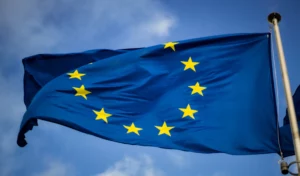
European Union: What Model in a Globalized World ?
The European Union is a leading global economy with a GDP of $16.4 trillion and strong trade and investment. It values human rights, democracy, EU’s economic and political impact.
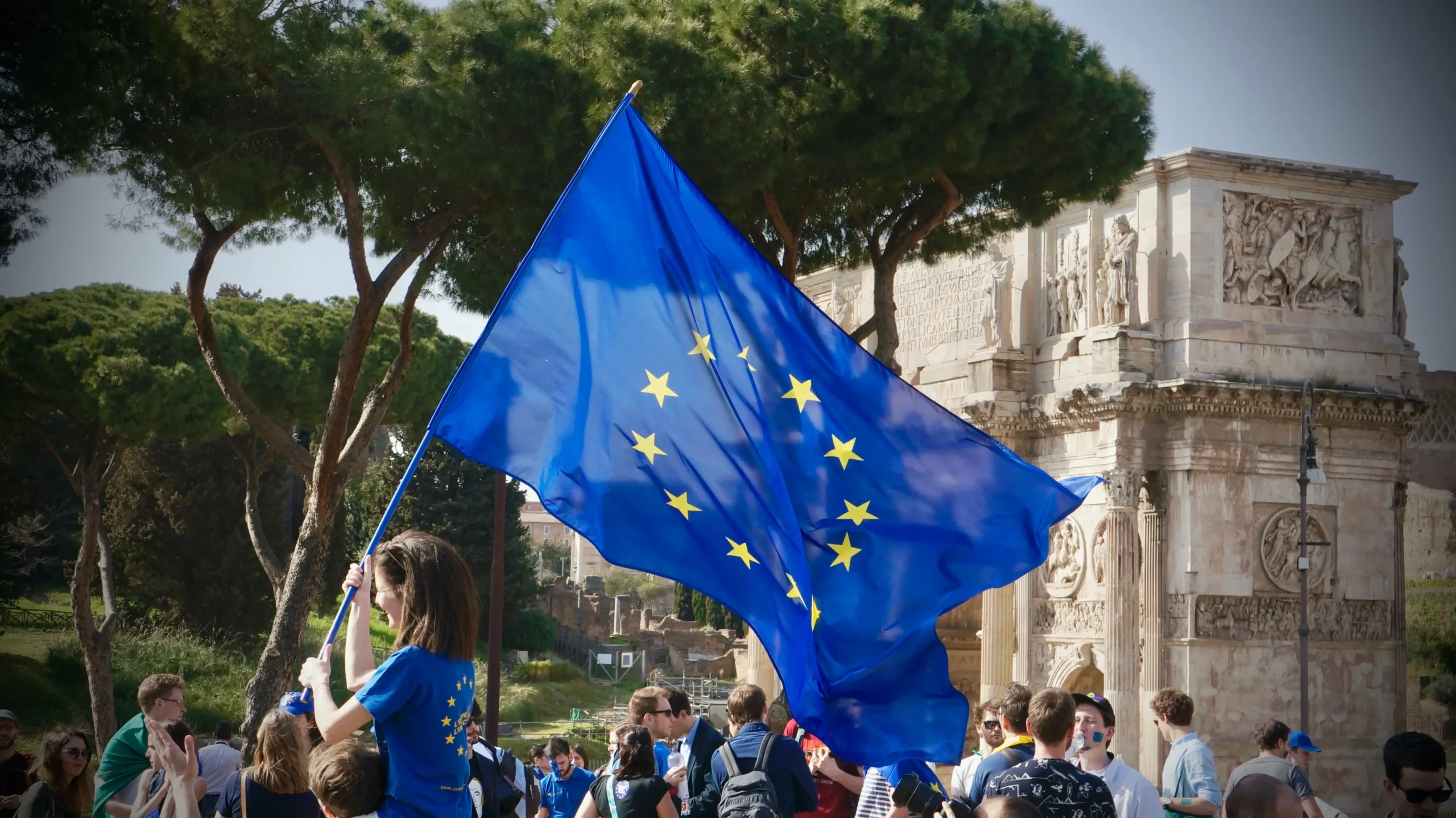
Can a unified set of standards and values shape an entire continent? This question lies at the heart of Europe’s core model of standards and values. From its inception, Europe has strived to establish a framework that transcends borders and unites diverse nations under a common vision. But what exactly are European Standards and Values, and how do they shape the societies, governance, and cross-border cooperation within this continent?
European Standards and Values form the foundation of Europe’s core model.
These standards and values have evolved over time, deeply impacting Europe’s social, political, and economic landscape.
The key pillars of European Standards and Values include democracy, human rights, rule of law, and social cohesion.
Institutions such as the European Union play a crucial role in upholding and promoting these standards and values.
Challenges and controversies, such as debates around cultural diversity and individual rights, continue to shape the implementation and interpretation of European Standards and Values.
To grasp the European Model, it’s vital to comprehend European Standards and Values. These principles guide the European Union and its member states, influencing governance, human rights, and social cohesion.
European Standards and Values represent the shared beliefs and norms that form the foundation of the European Model of Standards and Values. They encompass principles such as democracy, the rule of law, respect for human rights, equality, and solidarity.
The European Model emphasizes adherence to fundamentals to promote cooperation, peace, and prosperity among European countries. It also prioritizes upholding the rights and well-being of citizens.
The European Union: An Area Concentrating Major Challenges within the EU that these standards and values aim to address.
The official European Values for a foundational understanding of these principles.
The European Model is based on a set of interconnected principles that are integral to the functioning of the European Union and its member states. These principles include:
Democracy: The belief in the power of the people to participate in decision-making processes and the protection of individual and collective freedoms.
Rule of Law: The principle that all individuals and institutions are subject to the law and that justice is administered impartially.
Human Rights: The recognition and respect for the inherent dignity and equal rights of all individuals, regardless of their gender, race, religion, or sexual orientation.
Equality: The pursuit of equal opportunities and treatment for all individuals, promoting social inclusion and combating discrimination.
Solidarity: The commitment to mutual support, cooperation, and the notion that a prosperous Europe benefits all its citizens.
These principles serve as a compass for European countries, guiding their actions and policies as they strive for a harmonious and inclusive society.
European Diplomacy and Global Governance to explore how these standards and values influence the EU’s diplomatic efforts.
The Council of Europe’s portal on Democracy for a detailed look at Europe’s democratic values.
Member states of the European Union are committed to implementing European Standards and Values. EU institutions play a crucial role in ensuring uniform respect and application of these principles across member states. They monitor compliance, resolve disputes, and promote cooperation to achieve shared objectives.
| Area of Implementation | Examples |
|---|---|
| Legislation | Harmonizing laws across member states to ensure consistent protection of human rights and equality. |
| Justice System | Strengthening judicial independence and access to justice for all individuals. |
| Social Protection | Promoting inclusive social policies and welfare systems to ensure the well-being of all citizens. |
| Education | Encouraging educational systems that foster critical thinking, tolerance, and respect for diversity. |
By adhering to European Standards, Europe strives to create a society built on common principles, respect for diversity, and the pursuit of prosperity and solidarity.
In this section, we will delve into the historical context and evolution of European Standards and Values. Understanding the development of these standards and values is crucial in comprehending their significance in shaping Europe’s social, political, and economic landscape.
The roots of European principles can be traced back to ancient civilizations that flourished on the continent. These early societies laid the groundwork for concepts such as democracy, human rights, and the rule of law, which continue to be the pillars of European values.
However, it was in the aftermath of World War II that the need for a cohesive European model became evident. The devastation caused by the war highlighted the importance of fostering peace, stability, and cooperation among European nations.
“The European project was born out of the desire to secure lasting peace and unity on the continent. It aimed to establish a framework of common values and standards that would promote prosperity, protect human rights, and prevent future conflicts.” – Jean Monnet, one of the founding fathers of the European Union.
The establishment of the European Coal and Steel Community in 1951 marked the first step towards European integration and the shared pursuit of common values. Over time, this initiative expanded to include other areas such as trade, agriculture, and human rights.
Europe Facing the Rise of China and the external pressures that have shaped European values.
Britannica’s page on the History of Europe for context on how these values have evolved.
It was with the signing of the Maastricht Treaty in 1992 that European Standards gained further prominence. The treaty consolidated the European Union and outlined its commitment to democracy, human rights, and the rule of law.
European Values have evolved over time. They reflect the continent’s changing dynamics and the aspirations of its people. Factors like EU expansion and the adoption of the Charter of Fundamental Rights have contributed to shaping and strengthening these values.
The impact of European Standards and Values can be seen in various aspects of European societies. They have played a crucial role in promoting peace and stability, fostering economic prosperity, and safeguarding individual rights.
European Standards and Values have led to the establishment of robust legal frameworks that protect citizens’ rights and ensure equal treatment under the law. They have also facilitated cross-border cooperation among European countries, enabling the free movement of goods, services, and people.
| Aspect | Impact of European Standards and Values |
|---|---|
| Social | Promotion of equality, diversity, and social inclusion. |
| Political | Strengthening of democratic institutions, principles, and processes. |
| Economic | Facilitation of trade and economic growth through a common market. |
| Environmental | Protection and conservation of the environment through sustainable practices. |
European Values have not only shaped the European Union but have also influenced countries beyond its borders. The European Union’s commitment to democracy, human rights, and the rule of law serves as an example for regions around the world seeking to establish similar systems.
To grasp European Model, it’s essential to explore their key pillars. These pillars shape Europe’s social, political, and legal framework.
Democracy lies at the heart of European Standards and Values. It guarantees citizens’ right to participate in decision-making processes and ensures transparency, accountability, and the rule of law in governance. The European Union (EU) promotes democratic principles across its member states, fostering political stability and fostering a sense of collective responsibility.
Respect for human rights is another essential pillar of European Standards and Values. Europe is committed to protecting and promoting the inherent dignity and fundamental freedoms of all individuals, regardless of their race, gender, religion, or sexual orientation. The European Convention on Human Rights safeguards these rights in Europe and serves as a model for human rights protection worldwide.
Rule of law is a cornerstone of the European Model of Standards and Values. It ensures that laws are applied objectively, fairly, and without discrimination. Upholding the rule of law guarantees a just society where individuals and institutions are held accountable for their actions, providing a stable legal framework that protects citizens’ rights and fosters trust in the justice system.
Social cohesion is a vital aspect of European Standards and Values, emphasizing the importance of solidarity and inclusivity. It encourages a sense of belonging and equal opportunity for all individuals, irrespective of their socioeconomic background, fostering social integration, and reducing inequalities within European societies.
“European Standards and Values are not just abstract concepts; they are the guiding principles that enable Europe to thrive as a diverse and cohesive continent.”- Jean-Claude Juncker
These pillars collectively form the bedrock of European Standards and Values, enabling Europe to uphold the principles of democracy, human rights, rule of law, and social cohesion. Their significance cannot be overstated, as they shape Europe’s core model, fostering unity, harmony, and progress across the continent.
| Pillars | Summary |
|---|---|
| Democracy | Guarantees citizen participation, transparency, and accountability |
| Human Rights | Promotes dignity and fundamental freedoms of all individuals |
| Rule of Law | Ensures fair, unbiased, and accountable legal systems |
| Social Cohesion | Fosters inclusivity, solidarity, and equal opportunity |
Implementing and upholding European model is a crucial aspect of maintaining the integrity and cohesion of the European Union. Various institutions, including the European Union itself, play a key role in promoting and safeguarding these standards across member states.
One of the fundamental ways in which European Standards and Values are put into practice is through legislation. The European Union develops and implements laws and regulations that uphold the principles of democracy, human rights, and the rule of law. These laws serve as a framework for member states to abide by, ensuring consistency and uniformity in the application of European Standards.
The European Union also employs various mechanisms to monitor and enforce compliance with these values. The European Court of Justice, for example, acts as a judicial body that ensures member states adhere to European law and are held accountable for any violations. This judicial oversight helps maintain the integrity of European Standards and Values and promotes a sense of trust and fairness among member states.
In addition to legislation and judicial oversight, the European Union fosters collaboration among member states to promote European fundamentals. Through forums, meetings, and policy dialogues, member states exchange best practices and learn from one another’s experiences in implementing these standards and values. This collaboration strengthens the commitment to upholding European Values and encourages continuous improvement.
Furthermore, civil society organizations and non-governmental entities also play an essential role in promoting and safeguarding European Standards. These organizations monitor the implementation of European policies and advocate for the protection of individual rights, social cohesion, and other principles that form the foundation of the European Model of Standards and Values.
In short, European Standards and Values are not just lofty ideals, but principles that are actively implemented and upheld in practice. The European Union and other institutions work together to develop legislation, provide oversight, and foster collaboration among member states. Civil society organizations also contribute to the promotion and safeguarding of these standards and values. By ensuring the practical application of European Standards and Values, Europe continues to advance and thrive as a model of democracy, human rights, and social cohesion.
European Standards and Values represent a core model that has shaped European society and governance. However, they are not immune to challenges and controversies. In this section, we will delve into the debates surrounding cultural diversity, nationalism, and the delicate balance between individual rights and collective responsibilities.
Is Russia a European Country? to discuss the geographical and value-based boundaries of Europe.
Debating Europe’s Cultural Diversity in Europe for discussions on cultural diversity vs. unity.
An ongoing challenge with European Standards and Values is balancing cultural diversity with a unified identity. Europe boasts diverse cultures, languages, and customs, making it tricky to preserve while fostering unity. Some argue that accommodating diverse practices and ensuring equal treatment may clash with a common European identity.
Another challenge that European Standards and Values face is the rise of nationalism within member states. In recent years, nationalist movements have gained traction, advocating for a return to more insular and exclusive approaches. This has implications for the principles of unity, cooperation, and cross-border solidarity that underpin the European Model of Standards and Values.
A crucial aspect of European Standards and Values is the protection of individual rights and freedoms. However, striking a balance between individual rights and collective responsibilities can be complex. Some argue that an overemphasis on individual rights may undermine the cohesion and collective responsibilities necessary for a harmonious society. Finding the right equilibrium remains an ongoing challenge.
“The preservation and promotion of European Standards and Values require navigating complex terrain, addressing the challenges and controversies head-on while upholding the principles that have defined Europe’s core model.” – European expert
To further understand these challenges and controversies, let us analyze the data in the table below, which highlights key factors impacting the European Model:
| Challenges and Controversies | Impact |
|---|---|
| Cultural Diversity | Dilution of common European identity |
| Nationalism | Threat to cross-border cooperation and unity |
| Individual Rights versus Collective Responsibilities | Balancing conflicting interests for a cohesive society |
This table highlights the significant impacts that these challenges and controversies can have on European Fondamentals. It is clear that addressing these issues requires thoughtful navigation and continuous dialogue to preserve and uphold the European model.
In conclusion, European Standards and Values play a paramount role in shaping the societal fabric of Europe. These principles, which form the foundation of the European Model, guide European countries in various aspects of society, governance, and cross-border cooperation.
Throughout history, European Standards have evolved, adapting to the changing needs and challenges of European societies. Concepts such as democracy, human rights, rule of law, and social cohesion serve as the pillars of this model, ensuring the collective well-being and progress of European nations.
However, European principles also face challenges and controversies. Cultural diversity, nationalism, and the delicate balance between individual rights and collective responsibilities are subjects of ongoing debates. In a rapidly changing world, it is crucial to navigate these challenges while maintaining and expanding the principles that have guided Europe for decades.
Looking ahead, European Standards and Values remain essential in fostering unity, inclusivity, and progress in Europe. As the world continues to evolve, it is imperative to uphold these principles, finding innovative solutions to the new challenges that arise. By doing so, Europe can continue to be a global leader in promoting and safeguarding the values that underpin its societal framework.

The European Union is a leading global economy with a GDP of $16.4 trillion and strong trade and investment. It values human rights, democracy, EU’s economic and political impact.
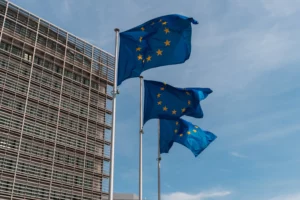
The European Union faces major challenges, including peace and defense, socio-spatial disparities, relations with the US, and EU’s efforts to address these challenges.
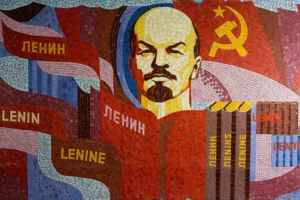
Delving into history, culture, and geopolitics, this article unravels the intricate relationship between Russia and Europe, addressing the perennial question, “Is Russia a Country in Europe?

The European Union must balance its interests with those of China as the rising power’s influence grows. Explore challenges and opportunities presented by China’s rise for Europe.

Navigating the crossroads of China-Europe relations: Discover the balance of cooperation, competition, and the path ahead in 2024.
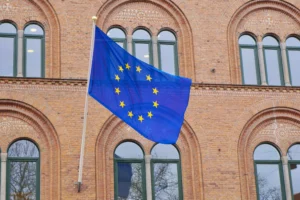
Explore the role of European diplomacy in shaping global governance and the challenges and opportunities it presents for Europe.
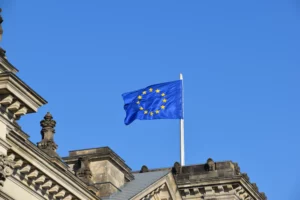
Explore the unique features and challenges of the European social and economic model, including its commitment to social protection, economic integration, and sustainable development.
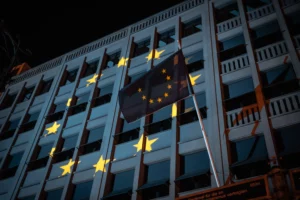
Explore the pivotal role of European Economic and Civil Power in shaping global affairs and policies in 2024, unveiling its impact on trade, human rights, and sustainability.
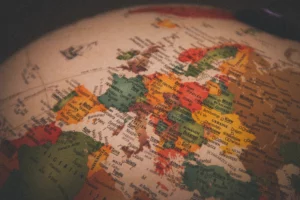
Delving into the dynamics of European nations’ power, this article offers a deep dive into their strategic responses to globalization, energy security, and evolving geopolitical landscapes.